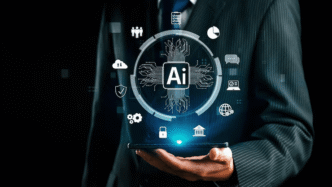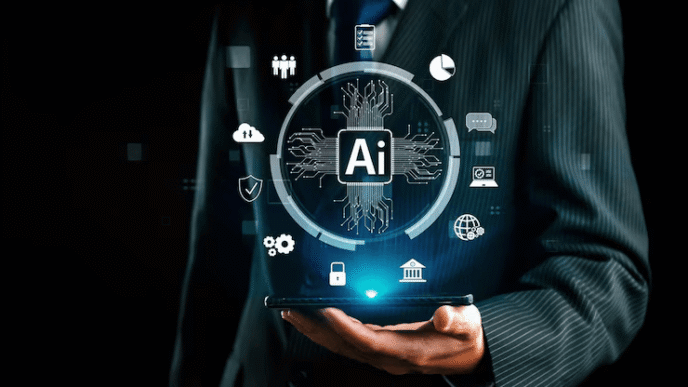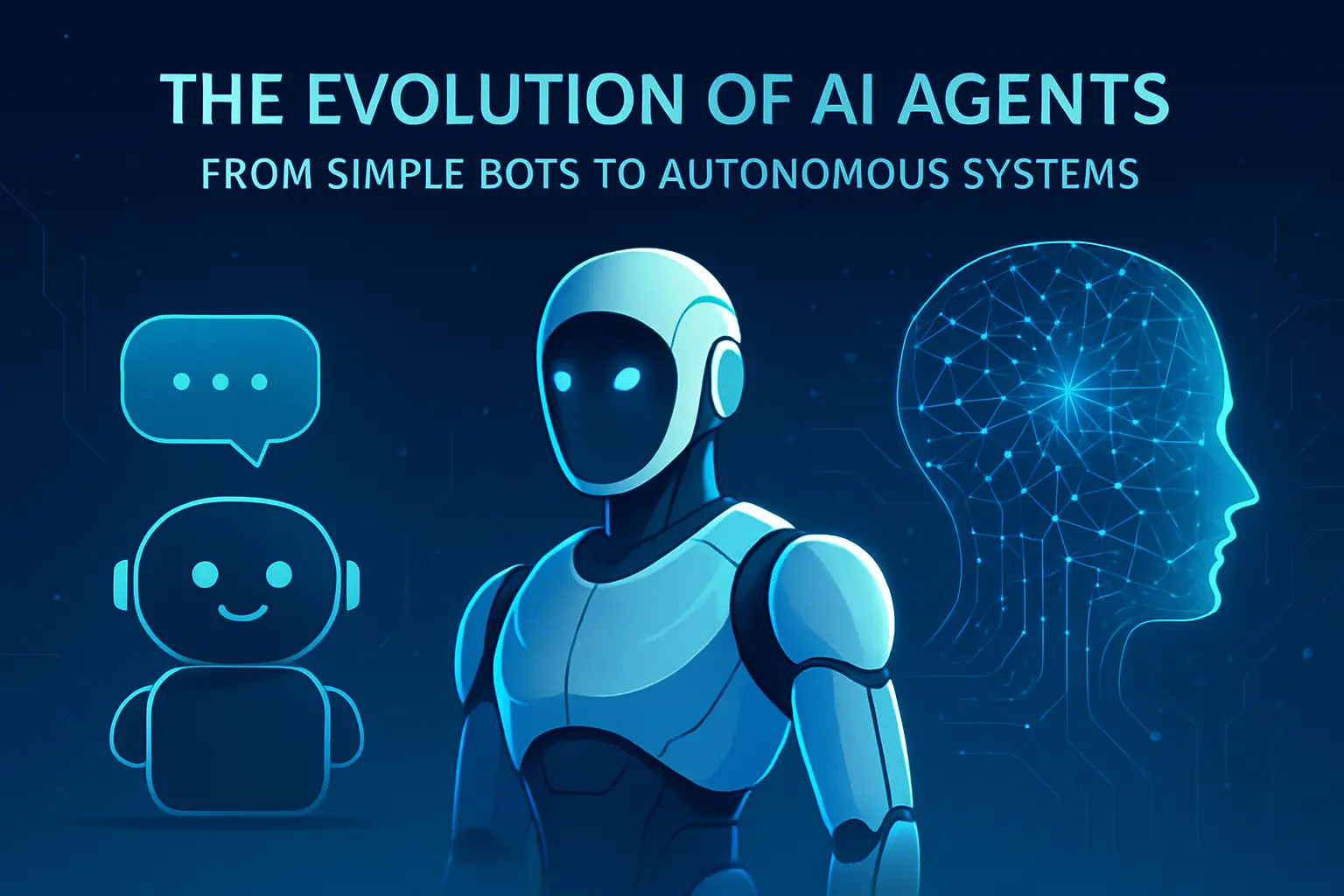Artificial Intelligence (AI) agents those smart systems that can learn, think, and act on their own are quickly transitioning from the confines of research labs into our daily lives. Whether it’s customer support chatbots, self-driving cars, or automated trading bots, AI agents are all about boosting efficiency and sparking innovation. However, as these technologies become more advanced, it’s crucial to grasp their ethical implications and the potential risks they bring along.
Why Ethics Matter in AI Agents
AI agents are making decisions that can have real-world impacts, often at a speed that outpaces human oversight. That’s why ethical design is so important; it ensures that these decisions reflect human values like fairness, transparency, and accountability. Without solid ethical guidelines, there’s a risk that AI could exacerbate existing biases, infringe on privacy, or even harm vulnerable groups.
Key Ethical Principles:
Transparency: People should be aware when they’re interacting with an AI and understand how it reaches its decisions.
Fairness: Algorithms need to be trained to steer clear of discrimination based on race, gender, or socioeconomic status.
Accountability: There should be clear lines of responsibility when AI systems cause harm.
Major Risks and Dangers
Bias and Discrimination
AI agents learn from data, and if that data is tainted with societal biases, the AI will mirror those biases. For instance, biased hiring algorithms can put minority candidates at a disadvantage.
Privacy Invasion
AI agents have the capability to sift through massive amounts of personal data, which raises serious concerns about surveillance and potential misuse.
Autonomous Decision-Making
Fully autonomous AI like self-driving cars or trading bots can make split-second decisions that might lead to accidents or financial losses without any human intervention.
Security Threats
Bad actors can take advantage of AI agents to launch cyberattacks, spread misinformation, or manipulate markets.
Job Displacement
As AI agents increasingly handle repetitive or complex tasks, workers in certain sectors may find themselves facing unemployment or needing to quickly upskill.
Building Responsible AI Agents
To tackle the challenges posed by AI, it’s essential for developers, businesses, and policymakers to join forces and establish clear frameworks and regulations. Here are some key steps to consider:
Ethical Guidelines & Audits: Regular audits should be conducted to identify bias and ensure fairness.
Human-in-the-Loop Systems: It’s crucial to keep humans engaged in important decision-making processes.
Explainability: We need to create AI that can clearly explain its reasoning to both users and regulators.
Robust Security Measures: Safeguard AI systems against hacking and adversarial threats.
Continuous Education: Equip teams and users with knowledge about the limitations and risks associated with AI.
What Individuals Can Do
Stay updated on how AI impacts your industry and personal life.
Critically evaluate the sources of data and the transparency of the AI tools you utilize.
Champion ethical AI policies in your workplace and community.
Conclusion
AI agents hold incredible potential to revolutionize industries and enhance lives, but this can only happen if they are developed and used responsibly. By emphasizing ethics and being aware of the risks, we can leverage the advantages of AI while minimizing any negative consequences.









